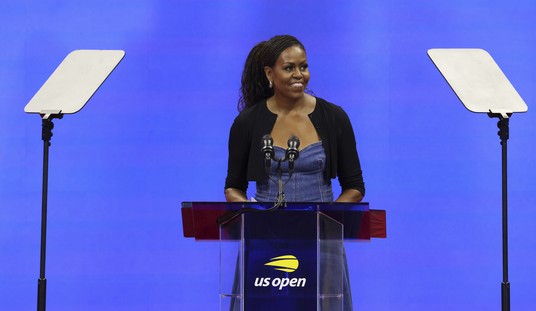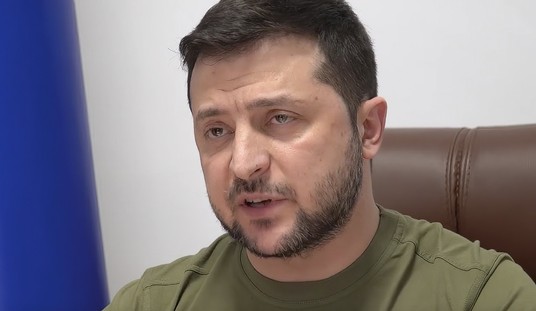Another Veterans Day has come and gone. As nice as all the free doughnuts, meals, and haircuts were, even nicer was a simple statement—“Thank you for your service”—often tendered with a handshake. At least that is the opinion of this writer, himself a veteran of military service.
Nevertheless, there is something that would be nicer yet for the parents of 750,000 school-age children in active-duty households: making it simpler for them to ensure their children can find a good education amid the frequent relocations that are a part of the military life.
A recent Military Times study found 35 percent of parents in military service said the quality of education available to their children is a “significant factor” in deciding whether to stay in or depart from the military.
The dedication of military parents to securing the best possible schooling for their children shines through in a recent survey completed for EdChoice, an Indianapolis-based education-reform organization. Compared with non-military parents’ responses recorded in a 2016 study of national attitudes toward education, military-connected parents were more than twice as likely to have made such sacrifices for their kids as taking an additional job, moving to be closer to a particular school, or shelling out for transportation to get their children to a decent school.
About 80 percent of military-connected kids attend district public schools – in many cases, those closest to the base and to which they have been assigned. However, if those families had free choice, those numbers would shake out far differently. The EdChoice survey found just 35 percent of the military parents would choose a conventional public school, while 33 percent would opt for private schools. Other preferred options were public charter schools (20 percent), homeschooling, and online learning.
Recommended
Because providing for the common defense is a constitutional responsibility of the federal government, Washington would not be overstepping its bounds by helping military families take their quest of high-quality education beyond the dreary realm of assigned public schools. But would that require the feds creating an expensive freebie dwarfing all those gifts handed out on Veterans Day – and sticking taxpayers with the tab? Not at all.
One idea percolating in Washington, DC policy circles—led by The Heritage Foundation and soon to be legislatively sponsored by Rep. Jim Banks (R-IN), among others—would wed a relatively new method of advancing parental choice, the education savings account, with a 67-year-old federal program of so-called Impact Aid. Such aid goes to school districts that have significant enrollments of children from military bases or other federal installations.
ESAs, now in five states after debuting in Arizona in 2011, enable parents to customize their children’s education by mixing and matching from a wide range of education providers. They are not bound to one school as with a voucher. Drawing on their child’s per-pupil allotment, they may choose to pay private school tuition, find therapy to deal with special needs, take advantage of dual enrollment at a local university, use online courses as needed, or explore many other possibilities.
An ESA is about educational choice, not merely school choice. After hearing an explanation how the savings accounts work, a whopping 72 percent of military-connected respondents registered their approval for ESAs, while only 15 percent opposed the concept. Vouchers (64 percent) and tax-credit scholarships (63 percent) also drew solid support.
Drawing on the $1.3 billion Impact Aid program to fund federal ESAs would be controversial, to say the least. Presidents since Dwight Eisenhower have tried to cut or eliminate this aid on grounds its original justification no longer exists. Some of the nation’s largest school districts and their political patrons have preserved these subsidies, and it is safe to say they will not want to relinquish control of the money to the military families.
Yet it would make perfect sense. If the program isn’t just pork but has the legitimate purpose of reducing the enrollment impact of kids coming from local military bases, the same effect could come from parents being able to find and fashion their own private-sector alternatives for their children—free of government dictation and off the government rolls.
Educational freedom for those who keep our nation free would say “thank you for your service” year-round, not just on Veterans Day.

























Join the conversation as a VIP Member